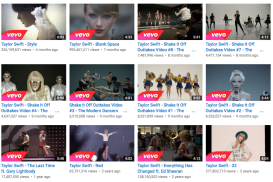 For many in the music business, the repercussions of Google being allowed to get near a 50% stake Sony/ATV would be deeply worrying. Sony/ATV manages 4m music copyrights written by the likes of The Beatles, Taylor Swift, Michael Jackson, Ed Sheeran, James Brown, Elvis Presley, Lauryn Hill, Oasis and Eminem.
For many in the music business, the repercussions of Google being allowed to get near a 50% stake Sony/ATV would be deeply worrying. Sony/ATV manages 4m music copyrights written by the likes of The Beatles, Taylor Swift, Michael Jackson, Ed Sheeran, James Brown, Elvis Presley, Lauryn Hill, Oasis and Eminem.
Remember that those 4m copyrights are spread through countless recordings and, therefore, master rights deals with labels. That would have been the first headache for the likes of Universal Music Group.
Source: Google wanted to buy Michael Jackson’s $750m stake in Sony/ATV – Music Business Worldwide





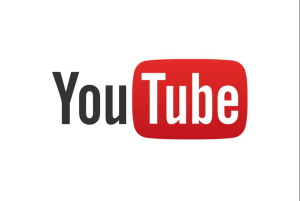 ce the demise of the long-running-but-never-launched Global Repertoire Database (GRD) there has been a lot of debate over what comes next for digital rights reporting. The songwriter class action suits in the US against Spotify are the natural outcome of more than one and a half decades of failing to deal with the forsaken mess that is compositional rights in the digital era.
ce the demise of the long-running-but-never-launched Global Repertoire Database (GRD) there has been a lot of debate over what comes next for digital rights reporting. The songwriter class action suits in the US against Spotify are the natural outcome of more than one and a half decades of failing to deal with the forsaken mess that is compositional rights in the digital era.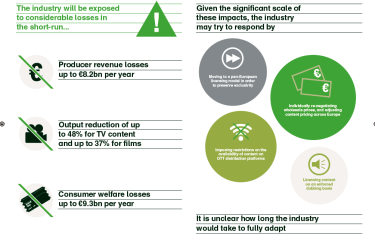
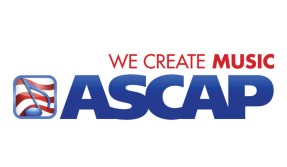
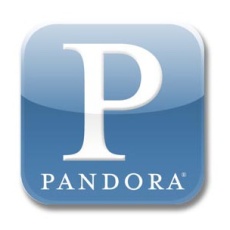 Since the CRB has raised the per-stream rate, it has made it harder for Pandora to survive. Scaling for Pandora was anyway a double-edged sword, always requiring higher payments to rights holders. Initially, those right holders had agreed on easier rates to allow growth and, back then, the establishment of Pandora. But Internet radio is now well developed, and the majors are not as easy going. The collective licensing agreement with SoundExchange is practical for Pandora though unpalatable, and unless Pandora can offer other services for a discount, such as the promotion of new releases, little will change.
Since the CRB has raised the per-stream rate, it has made it harder for Pandora to survive. Scaling for Pandora was anyway a double-edged sword, always requiring higher payments to rights holders. Initially, those right holders had agreed on easier rates to allow growth and, back then, the establishment of Pandora. But Internet radio is now well developed, and the majors are not as easy going. The collective licensing agreement with SoundExchange is practical for Pandora though unpalatable, and unless Pandora can offer other services for a discount, such as the promotion of new releases, little will change.